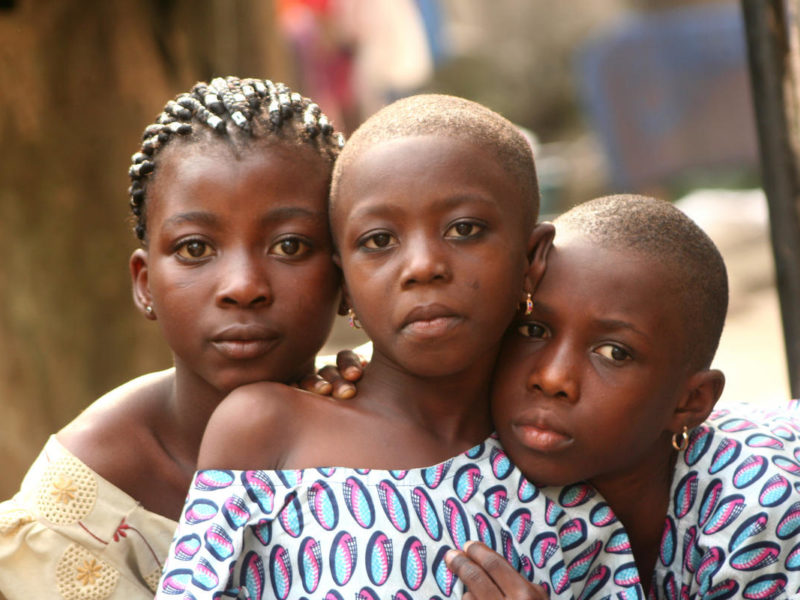The Go Girls! Initiative continued to win accolades from funders and beneficiaries alike at the final end-of-project event, held at the National Press Club in Washington, DC on June 10.
Following similar events in Mozambique, Malawi and Botswana (Read about the end-of-project conference in Mozambique.), the final dissemination event for the Gender Initiative on Girls’ Vulnerability to HIV (Go Girls! Initiative) which ran from 2007-2011 in Botswana, Malawi and Mozambique, brought together implementers from the Johns Hopkins Bloomberg School of Public Health Center for Communication Programs (JHU∙CCP), representatives from USAID and PEPFAR and stakeholders.
One of the biggest achievements of the Go Girls! Initiative was the development of a set of field-tested tools that have proved to be effective in the three countries where the initiative was implemented. These tools are available on both the Knowledge for Health and AIDSTAR-One websites and are appropriate for scale-up around the world.
Pointing to the Go Girls! toolkit, Carla Koppell, Senior Coordinator for Gender Equality and Women’s Empowerment at USAID, emphasized that gender programs must address the needs of men and women to ensure that both genders are well-served.
Daniela Ligiero, Senior Advisor for Gender at the Office of the U.S. Global AIDS Coordinator at the State Department, further underscored the importance of the Go Girls! tools for future gender programming. She implored attendees to listen to the presentations and, “think about how we integrate into our own work some of the things we are talking about today. How do we take these tools, how do we take the lessons learned, and incorporate them into our existing programs.”
After a summary presentation of the findings, evaluations and products developed by the Go Girls! Initiative by JHU∙CCP’s Carol Underwood, Jane Brown, Hilary Schwandt and Patricia Poppe, attention turned to real beneficiaries of the Initiative through a special presentation of success stories by Willard Mwambo, Executive Director of TAYO, an implementing partner organization in Botswana.
Attendees were captivated by Mwambo’s stories about community members who shut down an alcohol outlet that was illegally catering to minors, a chief who imposed fines on parents who forced or allowed their underage daughters to marry, and several girls who were able to re-enroll in school after dropping out due to pregnancy, all thanks to the Go Girls! Initiative.
Throughout Mwambo’s stories, the Go Girls! Initiative was lauded for honoring traditional culture while introducing modern sensibilities. Many programs are not able to strike this difficult balance, explained Suzanne Leclerc-Madlala, Cultural Anthropologist Technical Advisor at USAID, in her closing remarks. Leclerc-Madlala suggested that the Go Girls! Initiative should serve as a model for future sophisticated, holistic, gender-based programming for HIV/AIDS prevention.
Learn more about the Go Girls! Initiative.
Read the Voice of America story about the Go Girls! Initiative.
Read about the Go Girls! Initiative on the USAID Impact blog.



